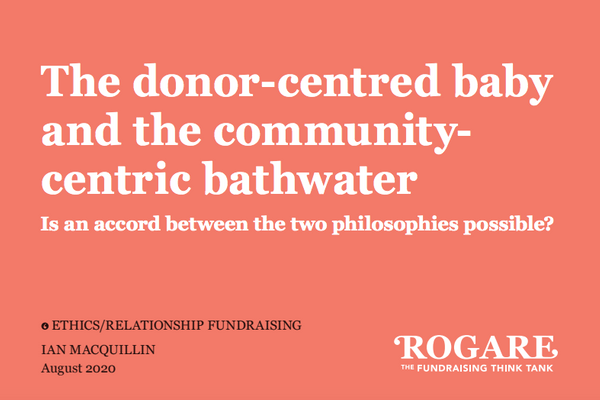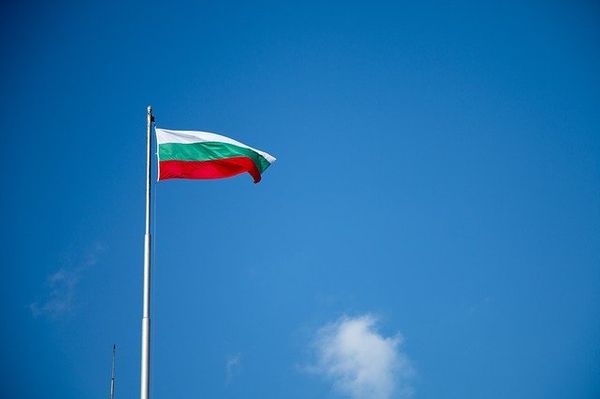
Dutch trust in charities higher than consumer confidence during pandemic
August 5, 2020
Clash of donor-centred & community-centric fundraising philosophies explored in new paper
August 19, 2020Changes to Bulgarian law have been proposed that will restrict the access of the country’s nonprofit organisations to foreign funding if approved.
In July, Bulgarian parliamentary group United Patriots proposed amendments to the country’s civil society organisation (CSO) law that would introduce an obligation for these organisations to report all income from foreign sources above €500.
Under the proposed changes, this information would need to be entered into a register, and the Minister of Finance would be able to request the Agency for State Financial Inspection to conduct a financial audit of a CSO purely on the basis that it has received more than 500 EUR from a foreign person or state.
Violations of the legal requirement for reporting could lead to the removal of public benefit status or termination of the CSO.
In addition, a further proposal would oblige the chairpersons and members of the CSO Boards that have received foreign funding to declare their assets to the Commission for Combatting Corruption and Confiscation of Illegally Acquired Property and for their declarations to be made public. Under this proposal there is no minimum level of foreign funding received that may subject CSOs to this obligation.
The proposals have been roundly condemned both in Bulgaria and more widely in Europe. In Bulgaria, more than 150 civil society organisations have joined together to express their objections to the proposals, with ECNL supporting the Bulgarian Center for Not-for-Profit Law (BCNL) with the legal analysis and the preparation of arguments against the draft law.
On its site, it states that the proposal is “yet another attack against CSOs and an attempt to stigmatize the organizations for receiving foreign funding.”
In addition, Anna Rurka, the Chairperson of the Conference of INGOs of the Council of Europe released a statement on 9 July calling on the Parliament not to go ahead with the amendments. In it, Rurka said the proposals could create a very hostile environment for those civil society organisations with public benefit status that are in receipt of foreign funding.
She states that: “such amendments are inconsistent with Bulgaria’s commitment to secure the right to respect for private life and to freedom of association under the European Convention on Human Rights, as well as being inconsistent with its obligations regarding the free movement of capital under European Union law.”
The move by the United Patriots closely follows the European Court of Justice’s ruling against Hungary over the Transparency Act, which introduces similar restrictions on Hungarian civil society organisations, requiring those receiving over 7.2 million Hungarian forints (about €20,000) from outside the country to formally register and present themselves as foreign-funded entities. The European Court ruled that the restrictions break EU law earlier this summer.
An interview with Nadia Shabani, Director of Bulgarian Center for Non-for-profit Law and Iva Taralezhkova from Citizen Participation Forum on the Bulgarian proposals can be read on the Civitates site.
Related article: Anti Money Laundering and the Rule of Law: Latest Developments




